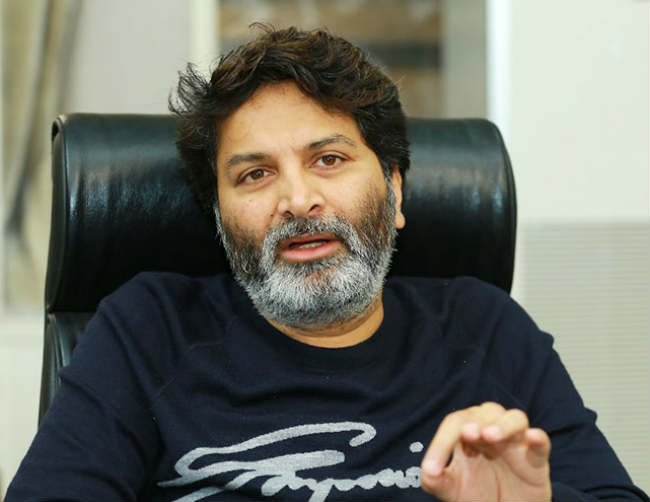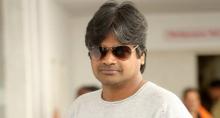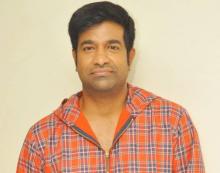Trivikram: Films don't run solely on dialogues!

For director Trivikram, ‘Ala Vaikunthapurramloo’ is the third collaboration with Allu Arjun. After directing a serious themed movie like ‘Aravindha Sametha’, he has returned to his favorite genre - family entertainer. The director talks about ‘Ala Vaikunthapurramloo’ and his working style and more.
Aravinda Sametha was a serious subject. It was not your forte. What was the biggest takeaway from the success of ‘Aravindha Sametha’?
Fighting my fears was the takeaway from ‘Aravindha Sametha’. I wanted to overcome my fears and I won. It was a conscious decision to tell a story using my strengths as a writer and director when I took up ‘Aravindha Sametha’ as my previous film ‘Agnyaathavaasi’ bombed. I wanted to come out of my comfort zone of comic writing. I narrated the film sans comedy track, regular commercial elements. ‘Aravindha Sametha’ was a commercial success. I didn’t want to succumb to the routine and succeeded in that.
People expect one-liners, punch dialogues and comic moments from your films. You are saying that you are putting aside your strength. Is it the right approach?
As I said, without resorting to them, I have successfully managed to deliver a hit with ‘Aravindha Sametha’. There is nothing wrong with finding your new strengths. If we pander to the expectations of the people, we get trapped in that cell. Sometimes, we need to come out of that and explore new paths.
So with ‘Ala Vaikunthapurramloo’, you are back to your old-style of narrative?
I needed a departure from ‘Aravindha Sametha’ and this subject needs to be told in entertainment only. The basic line I am driving in the film is - ‘you may be rewarded with a high position, but the status can be earned by you, it can’t be given’.
Is this storyline inspired by Karna’s story from Mahabharat?
No. Not related to the story of Karna. But one must accept that any story we write will have its roots in Ramayana or Mahabharata in one way or the other way. The title is inspired by Pothana’s ‘Srimad Bhagavatham’
House is the recurrent theme in your film. Also, a ‘woman’ playing the central role has become a common feature in your recent movies. And also you don’t go for big social issues in your stories. Why?
Your life is entirely related to the home. You return home by the end of the day. We term it 'Homecoming'. Your life revolves around it. Hence I write my stories around it. ‘Matriarchy’ was also in our culture. Until the 1960s, our homes were headed by women, they ran the houses. Somehow, we moved away from it and also I felt embarrassed when filmmakers projected attha (mother-in-law/aunt) in the wrong way. So, I wanted to change it and did.
This is your third film with Allu Arjun. You seem to have developed great bonding. What are the changes you have seen in him from Julayi to now?
Yes, we hit it off well. When I signed him for Julayi, he was a bachelor. At the time of ‘S/o Sathyamurthy’, he was the father of a boy. Now, he is a father of two. The maturity levels have also increased.
A lot of young writers and filmmakers are copying your style. How do you feel?
I am not being humble here but I have never come across any writer copying me. In fact, some of the writers and filmmakers have inspired me or stunned me with their writing and thinking. The other thing is that I don’t believe that films run on dialogues.
Why have you not attempted a story that appeals to Pan-India?
I have not come across such an idea yet.
















